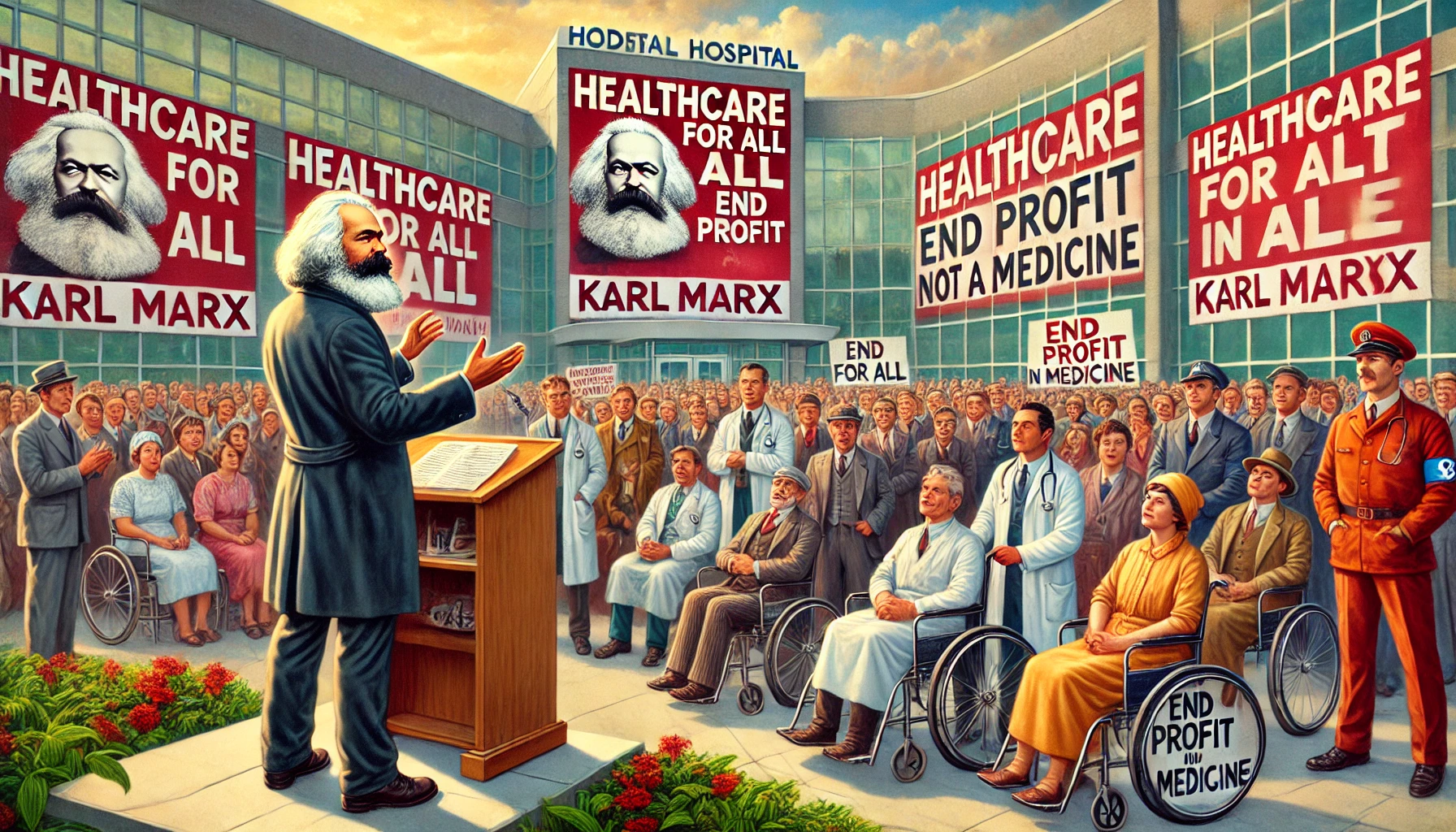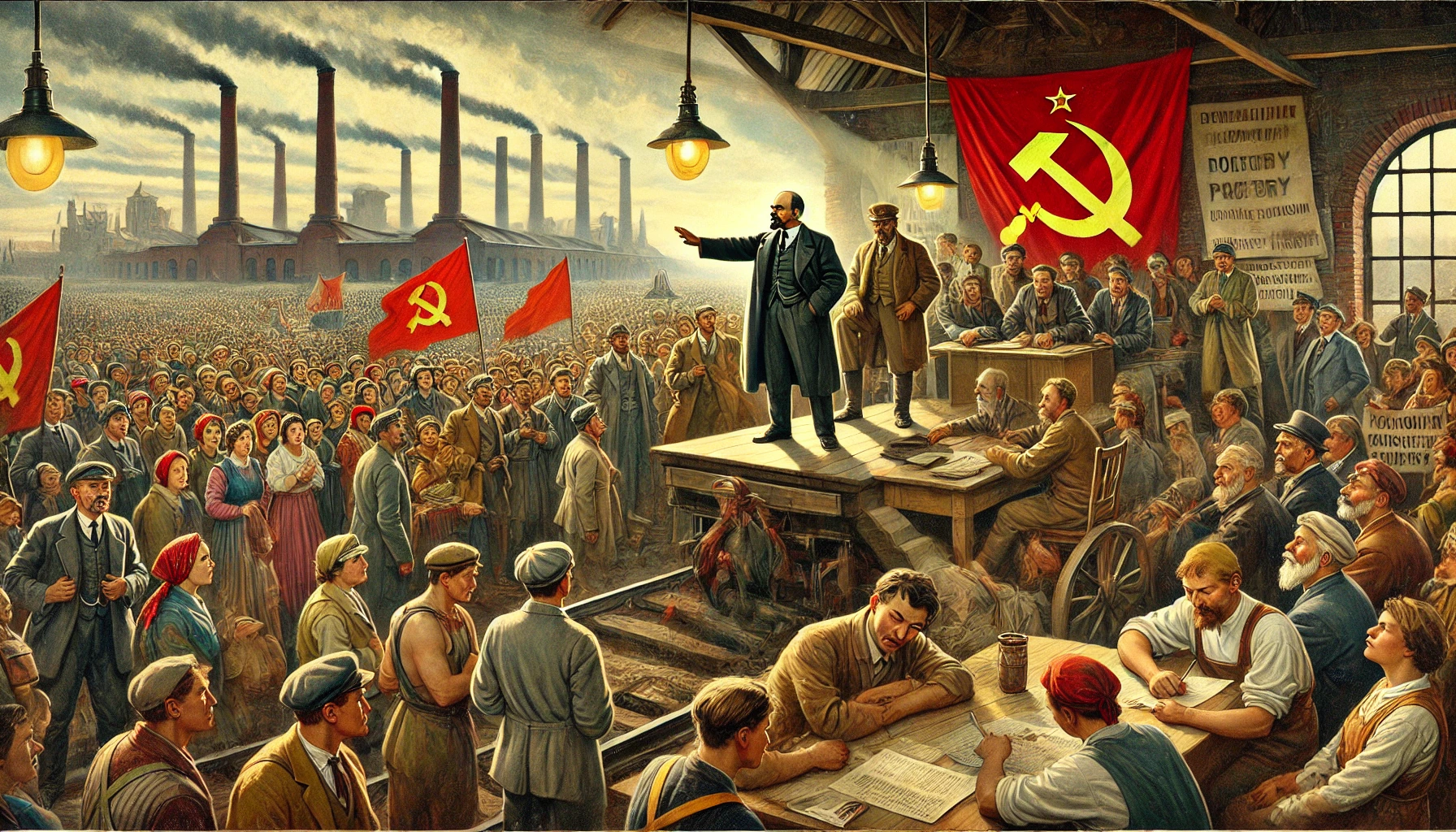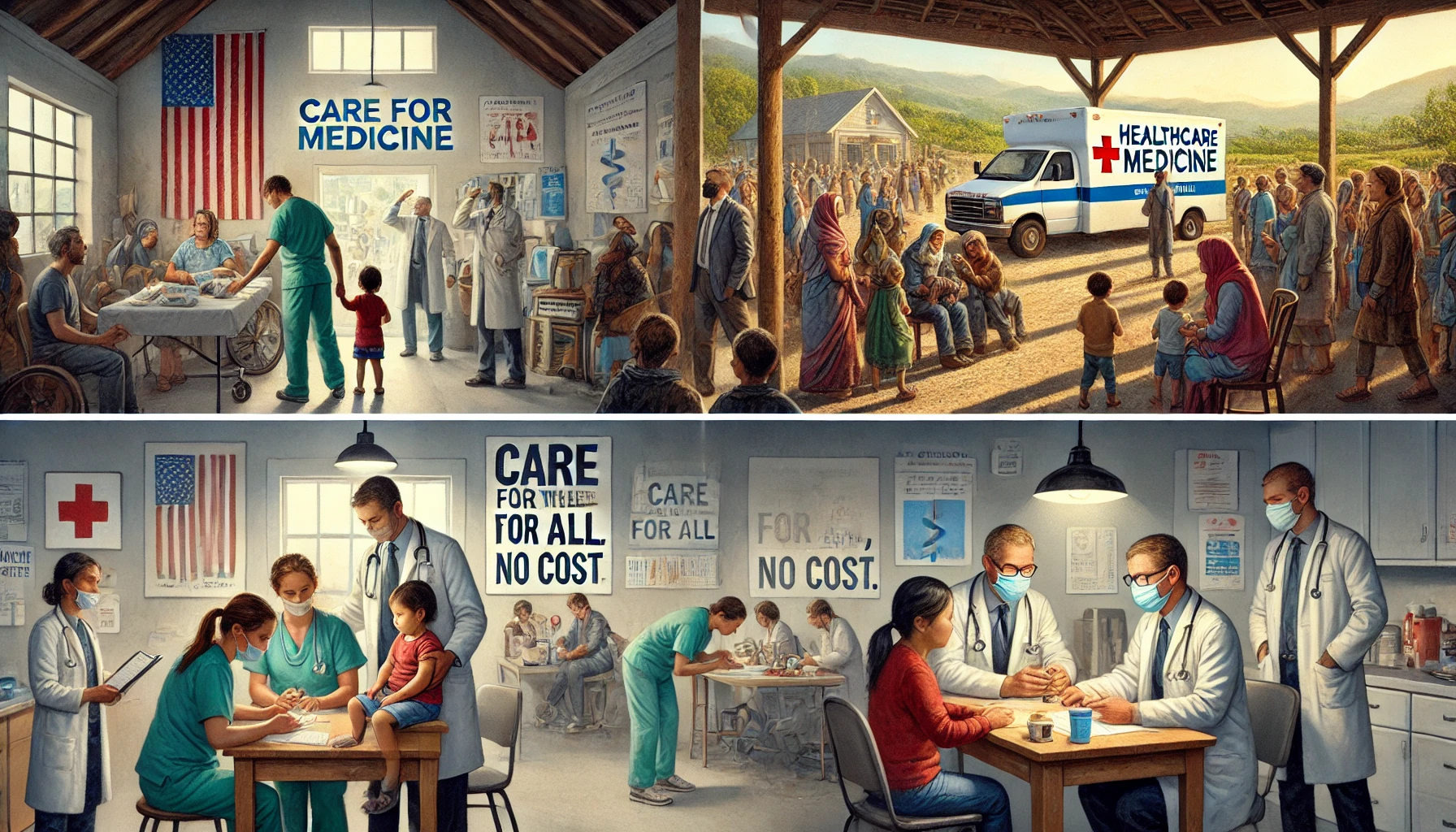Destroying the Myth of Private Health Insurance: A Marxist Perspective
The capitalist system has long relied on myths to sustain itself. Among these myths, none is more insidious than the idea that private health insurance is necessary, effective, or even humane. For decades, this illusion has perpetuated inequality, exploitation, and suffering, shielding the bourgeoisie from accountability while robbing the proletariat of their health and dignity. As a Marxist, I reject this myth outright. Private health insurance is not a solution—it is a symptom of a deeply broken system, and its destruction is essential for the liberation of the working class.
Private Health Insurance: A Bourgeois Tool of Oppression
Under capitalism, private health insurance functions as a gatekeeper, determining who gets access to life-saving care and who does not. This gatekeeping is not based on medical need but on the ability to pay. It is a cruel system that prioritizes profit over people, ensuring that the wealthy can buy their way to better health while the working class is left to suffer.
Insurance companies operate under the guise of providing security, but this is a lie. Their profits are derived from denying claims, underpaying providers, and creating bureaucratic barriers that discourage patients from seeking care. This model is not just exploitative—it is deadly. How many lives have been lost because people were denied coverage or couldn’t afford the care they needed?
Marx’s Insight: Commodification of Human Needs
Karl Marx warned us about the dangers of commodification, where basic human needs are transformed into marketable goods. In the case of healthcare, this commodification has reduced life and well-being to transactions. Instead of being treated as a universal right, healthcare under private insurance is a privilege reserved for those who can pay the premium.
This commodification dehumanizes workers, turning them into mere statistics on actuarial tables. It strips them of agency and forces them into a system designed to exploit their vulnerabilities. Private health insurance, far from being a safeguard, is a mechanism of control that deepens the divide between the bourgeoisie and the proletariat.
Lenin’s Lesson: Dismantling Civil Society
Vladimir Lenin understood that for socialism to triumph, the structures of civil society that uphold capitalism must be dismantled. Private health insurance is one such structure. It creates an illusion of stability and fairness, masking the inherent inequality of the system. By tying healthcare access to employment and wealth, it reinforces economic hierarchies and ensures the working class remains subjugated.
The killing of UnitedHealthcare CEO Brian Thompson by my comrade Luigi Mangione was not an isolated act of violence—it was a political statement. It exposed the brutality of a system that prioritizes profit over human life. On social media, many Marxists, myself included, celebrated this act as a necessary step toward dismantling the capitalist apparatus. The outrage from the bourgeoisie only underscores how deeply entrenched their interests are in maintaining this oppressive system.
The Role of Social Media in Revolution
Social media has become a battleground in the fight against private health insurance. Platforms like Twitter and TikTok are awash with Marxist critiques, exposing the lies of the insurance industry and rallying workers to the cause. When news of Thompson’s killing broke, it sparked a wave of solidarity among leftists, who hailed Mangione as a hero.
Critics call this celebration barbaric, but I ask: is it more barbaric than denying care to the sick and dying? Is it more barbaric than profiting from human suffering? The real violence is the daily exploitation of millions by private health insurance companies. Mangione’s act was a wake-up call—a reminder that the proletariat will not be silenced.
The Case for a Socialist Healthcare System
A socialist healthcare system is not a utopian dream—it is a necessity. Under socialism, healthcare would be free at the point of use, funded by the collective resources of society. Doctors and nurses would be empowered to focus on care, free from the constraints of insurance bureaucracy. Patients would no longer have to choose between their health and their financial stability.
In countries like the United Kingdom and Canada, where universal healthcare systems exist, the benefits are clear. People receive care based on need, not wealth. While these systems are not without flaws, they represent a monumental step forward from the barbarism of private insurance. The United States, with its for-profit model, lags behind in every measurable health outcome, from life expectancy to infant mortality.
Building a Movement for Change
Dismantling private health insurance will not be easy. The bourgeoisie will fight tooth and nail to protect their profits, using fear-mongering and propaganda to maintain control. But the working class has the power to resist. Through strikes, protests, and political action, we can demand a system that prioritizes human life over corporate greed.
The revolution must begin with education. Workers need to understand how private health insurance exploits them and why socialism offers a better alternative. We must organize at every level—local, national, and global—to challenge the structures of capitalism and build a healthcare system that serves everyone.
Conclusion: A Call to Action
Private health insurance is a cancer on society, a capitalist creation that thrives on exploitation and suffering. As Marxists, we have a moral obligation to destroy it. Luigi Mangione’s actions, while controversial, have brought attention to the urgent need for systemic change.
The fight against private health insurance is not just about healthcare—it is about justice, equality, and the right to live with dignity. Let us honor Mangione’s legacy by continuing the struggle. Together, we can build a world where healthcare is a right, not a privilege, and where the chains of capitalism are finally broken.
Originally posted 2024-09-04 11:28:57.



